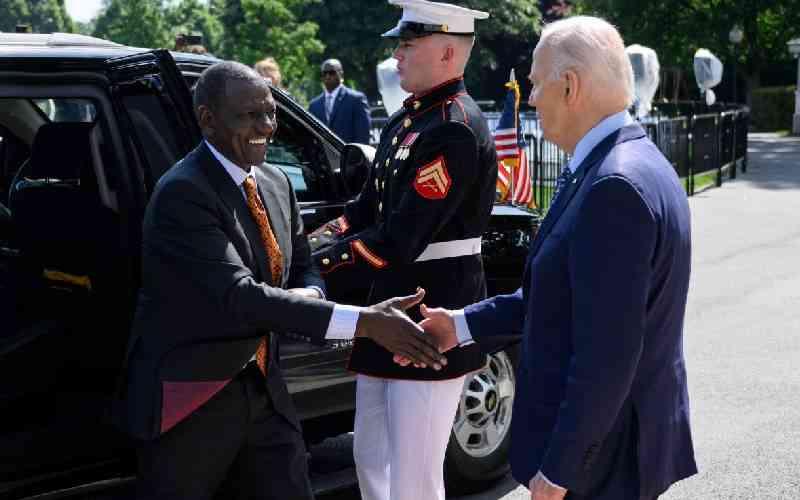Most decisions we make in life have
economic implications. If you choose to walk to a destination, you may 'save'
money that you could have used on bus fare or fuel. But you may also end up
arriving at your destination thirsty or hungry and use nearly the same amount
of money on a snack to replace depleted calories.
This is the predicament that
Opposition followers may find themselves in after being urged by their leaders
to boycott the products and services of companies suspected to have links with
or are owned by key supporters of Jubilee Party.
From a political point of view, the muted
boycott makes a lot of political sense but the big question is; does it make
economic or business sense? Five things come to mind that the Opposition
leaders and their followers should take into consideration before swimming into
the deep end.
First is whether the National Super
Alliance (NASA) is pursuing the best option to gain an upper hand in the
election stand-off. Has the Opposition leadership exhausted remedies to have
their views or complaints heard? Based on several favorable court rulings this
year on issues the Opposition contested, the answer could be no.
Secondly, is this what the Opposition
followers want to engage in and are they prepared for the long haul? Unlike the
election boycott, when NASA supporters stayed at home for one day watching
premier league football, the economic boycott could end up being a protracted
battle that involves extensive individual sacrifices with a biting effect on
personal preferences, choices, comforts and conveniences.
Third, the national economic impact of the
boycott could also boomerang on NASA supporters as some companies begin to shut
down or scale down their operations. We are talking about layoffs, reduced
shelf/product choices and even, in some situations, poor communication and long
banking queues. Is this sustainable? This is not a boycott of goods from a neighboring
country driven by national pride but a futile internal 'dissent' - a Kenyan to
Kenyan boycott that entrenches our divisiveness and polarizes our country even
further. Effectively, the boycott may negatively impact or jeopardize the
standard of living of Opposition followers and bystanders.
Fourth, we cannot underestimate the
resilience of the targeted recipient companies, which could have immense
resources to sustain a long boycott. Our political leaders must move fast to
ensure a quick and painless end to the political problems facing our country.
 The Standard Group Plc is a
multi-media organization with investments in media platforms spanning newspaper
print operations, television, radio broadcasting, digital and online services. The
Standard Group is recognized as a leading multi-media house in Kenya with a key
influence in matters of national and international interest.
The Standard Group Plc is a
multi-media organization with investments in media platforms spanning newspaper
print operations, television, radio broadcasting, digital and online services. The
Standard Group is recognized as a leading multi-media house in Kenya with a key
influence in matters of national and international interest.
 The Standard Group Plc is a
multi-media organization with investments in media platforms spanning newspaper
print operations, television, radio broadcasting, digital and online services. The
Standard Group is recognized as a leading multi-media house in Kenya with a key
influence in matters of national and international interest.
The Standard Group Plc is a
multi-media organization with investments in media platforms spanning newspaper
print operations, television, radio broadcasting, digital and online services. The
Standard Group is recognized as a leading multi-media house in Kenya with a key
influence in matters of national and international interest.








